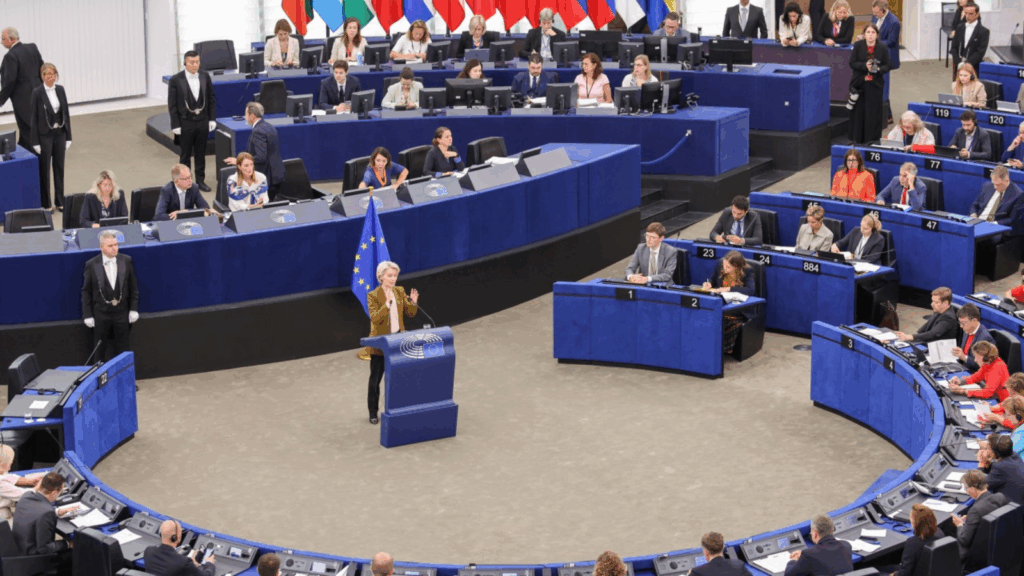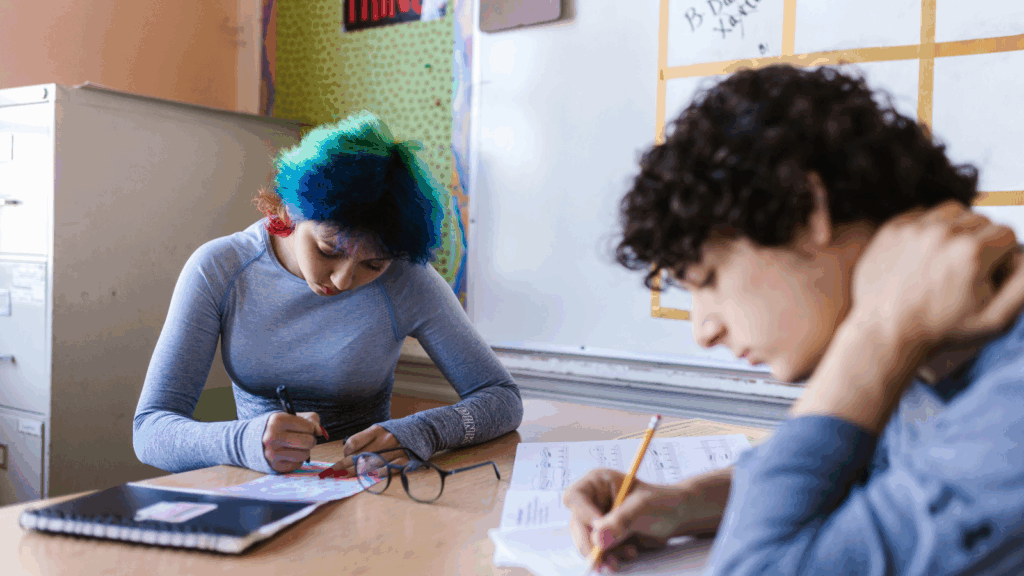The European Commission launched two new calls for proposals under the Erasmus+ Programme on virtual exchanges in higher education and youth. Virtual exchanges projects consist of online people-to-people activities that promote intercultural dialogue and soft skills development. They make it possible for every young person to access high-quality international and cross-cultural education (both formal and non-formal) without physical mobility. While virtual debating or training does not fully replace the benefits of physical mobility, participants in virtual exchanges ought to reap some of the benefits of international educational experiences. Digital platforms represent a valuable tool in partially answering the global constraints on mobility caused by the COVID-19 pandemic. Virtual exchanges also help spreading European values. Moreover, in some cases they can prepare, deepen and extend physical exchanges, as well as fuel new demand for them. Virtual exchanges take place in small groups and are always moderated by a trained facilitator.
The objective of the action are:
- encouraging intercultural dialogue with third countries not associated to the Programme and increasing tolerance through online people-to-people interactions, building on digital, youth-friendly technologies;
- promoting various types of virtual exchanges as a complement to Erasmus+ physical mobility, allowing more young people to benefit from intercultural and international experience;
- enhancing critical thinking and media literacy, particularly in the use of internet and social media, such as to counter discrimination, indoctrination, polarization and violent radicalisation;
- fostering the digital and soft skills development of students, young people and youth workers, including the practice of foreign languages and teamwork, notably to enhance employability;
- promoting citizenship and the common values of freedom, tolerance and non-discrimination through education; strengthening the youth dimension in the relations of the EU with third countries.
For the first call on virtual exchanges in higher education and youth for projects working with Sub-Saharan Africa, Southern Mediterranean and Neighbourhood East, please visit the Commission’s website. The deadline for applications is the 20th of September 2022.
For the second call on virtual exchanges in higher education and youth for projects working with the Western Balkans region only, please visit the Commission’s website. The deadline for applications is the 20th of September 2022.
To learn more about current calls for proposals or Eurodiaconia’s funding events, please don’t hesitate to get in touch with our our Projects and EU Funding Officer Giorgia Signoretto at .



